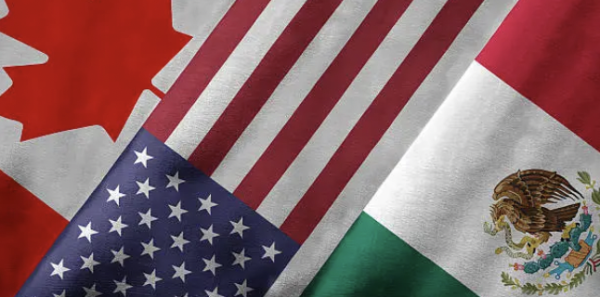LGBTQ+ Rights: America vs. India
At the end of February of 2022, India made a huge step in progress for human rights by banning conversion therapy. In contrast, Texas has just released a directive that essentially classifies gender-affirming care for kids as “child abuse.”
Lately, the Texas government, along with many other midwestern and southern states, have been trying to implement laws and regulations that discriminate against people in the LGBTQ+ community. Most recently, there has been a directive implemented by Texas Governor Greg Abott that encourages any police or legal force to investigate families, teachers, and doctors that may be suspicious of providing or allowing gender-affirming care to children.
After receiving such fierce backlash, the initial investigation that started all of this was halted, yet many others under the governor’s directive are still ongoing. Though it is unlikely that gender-affirming services will be officially declared as “child abuse” under the law, the intent and confounding factors of this event are frighteningly real. Texas already saw a record-high number of anti-trans bills in 2021, further emphasizing just how harmful its government can be and how far it is willing to go.
In comparison, India has recently banned conversion therapy. Its National Medical Commission and High Court have officially declared that any medical prescription of conversion therapy for members of the LGBTQ+ is now defined as professional misconduct. Disciplinary action has been ordered to be taken as the High Court has announced that conversion therapy would be a violation of the Code of Professional and Ethical Conduct. This has been most recently influenced by a case involving a lesbian couple that was getting harassed by the police. They went to court with this, and it resulted in a new amendment being added by the Tamil Nadu government. This new amendment made harassment of LGBTQ+ people by the state police an act punishable by law.
With India being a historically very conservative country, the respective comparison between its recent legal accomplishment and Texas’ recent legal regressions regarding the LGBTQ+ community is quite striking. Typically, most first-world countries often critique third-world countries and label them as backwards or stunted in social progress. However, as the queer community grows in the United States, it appears that our government may not be as accepting or socially progressive as is typically boasted. As if the constant and alarming increase in murders of transgender women and anti-trans bills in the country in 2021 weren’t evidence enough, it’s clearer now more than ever that this nation of ours seems to be the one regressing in the fight for human rights.

Hi, my name is Tori Gomez! I’m a senior at Quartz Hill High School, and this is my first and final year of Journalism. I can already say that I absolutely...







